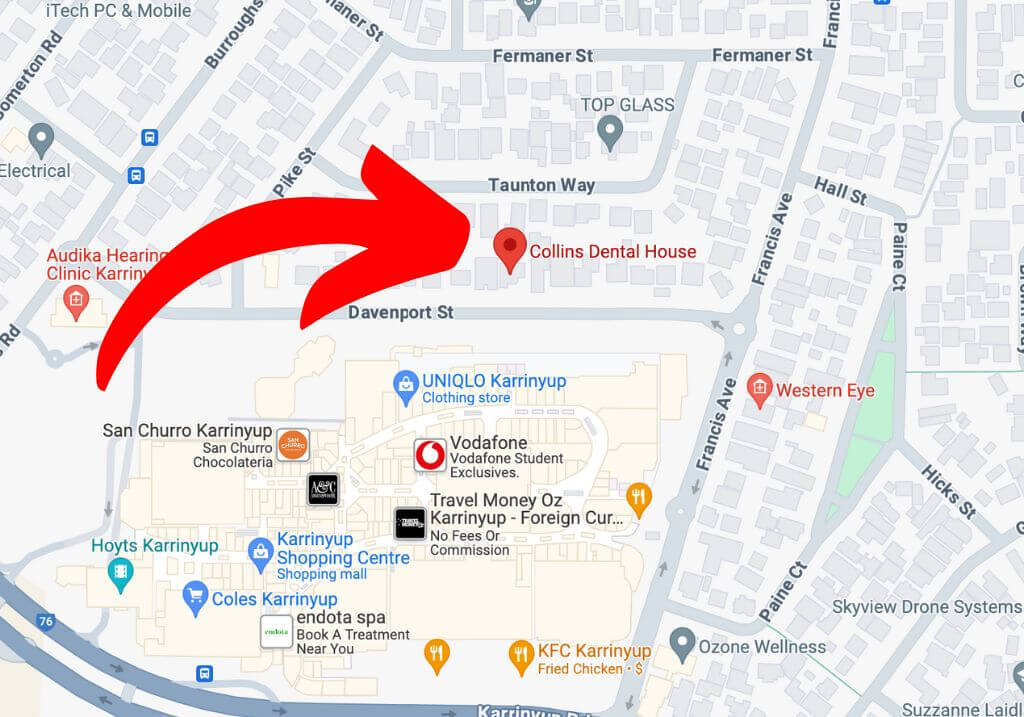When it comes to the health of your teeth and gums, regular dental appointments are highly recommended. Routine dental examinations are the keystone of preventing any oral problems throughout your life. A visit to the dentist is often avoided but this routine exam makes it easier to maintain good oral health over time.

For anyone unfamiliar with dental appointments, this overview provides details on what to expect at the dentist and the benefits of routine exams.
What to Expect at a Routine Check and Clean Appointment
The first step in seeing a dentist is to make an appointment. Dentists often have a busy schedule so routine exams should be scheduled ahead of time. It’s usually recommended to allow an or even longer for a dental visit. For new patients, provide a longer period of time as they may want to do a more in depth exam or perform additional scans. Arrive to the office slightly before the appointment to fill out any paperwork and check-in.
Once the appointment begins, you’ll go back to the office and a dental hygienist will begin your exam. Each dental exam follows the following basic process.
Examination of All Your Teeth and Review of Previous Work
The dental hygienist will provide patients with a plastic or paper cloth to cover their clothing and may provide eye shields as well. The hygienist will then perform a routine exam of teeth and review any previous work that has been completed. Depending on your history or their visual findings, the hygienist may ask questions about previous work as well as the current state of oral health. Hygienists need this information to provide the best quality care so provide any information regarding oral health clearly.
Scale and Clean
The next step of a routine dental exam is a tooth cleaning. While regular brushing is the keystone to good oral health, plaque and tartar can still build up on the teeth and gumline. The hygienist will use tools to remove any buildup and clean the teeth thoroughly. They will usually floss to finish the exam. During the cleaning, make sure to tell the hygienist if you experience any mouth pain. Many people find that they have some bleeding during the exam. This is normal. After the exam has been completed, the dentist will come in and perform a thorough exam as well.
Fluoride Treatment
Although not required, fluoride treatments are usually provided during a dental exam. This is usually done as one of the last steps of the exam. Fluoride is a naturally-occurring mineral that aids in preventing tooth decay. It contributes to good tooth structure, especially for developing teeth. Since bacteria in the mouth are acidic and contribute to tooth decay, providing fluoride treatments helps to resist decay.
X-Rays if Due
X-rays may be recommended although they’re not typically done each routine exam. Depending on your current oral health, your dentist may recommend doing them annually which is most common. Any other problems or concerns may lead to additional X-rays although this is not as common. X-rays are a good way to get a thorough look at your teeth and note any internal problems that may not be evident during a routine dental examination.
Benefits of Professional Cleans, Fluoride and Bitewings
The primary benefit of routine dental examinations is the prevention of any oral problems. Plaque buildup, cavities, and other dental concerns may not be evident to the average person until they become an emergency situation. However, a routine dental examination can be performed and catch any potential problems before they become severe. Additionally, cleanings contribute to good oral health by providing a deeper clean and helping to maintain better health over time. It’s recommended to schedule a dental exam every six months or twice a year.
What We Prevent and Achieve by Attending Regular Dental Examinations
What exactly do you get from having regular dental examinations? There are a few primary areas to consider.
Early Diagnosis
Cavities, tooth breakdown, or more serious problems can be diagnosed early on with a routine dental examination. Not all oral problems can be prevented even with good care so having a routine exam is the keystone to maintaining better oral health over time.
- Before things become worst-case scenario- a routine dental exam can be used to catch problems early that are going to become worse over time. For example, a cavity that’s caught early may need a small filling. If not treated, it could lead to the removal of the entire tooth.
- Prevent severe pain- most dental problems are painful, especially as they progress. Some individuals also have very sensitive teeth. A dentist can recommend the best course of treatment to prevent or treat any oral discomfort.
- The ability to save your teeth rather than just extract- although sometimes a tooth may need to be removed, dentists want to keep teeth in place if possible. They’ll recommend a treatment plan that has the best chance of you keeping your teeth intact over time.
- Benefits of keeping your teeth – Not only does keeping all of your natural teeth make the most sense, but it also allows people to enjoy a more normal lifestyle.
Trust With Your Dental Provider
When a complex issue arises you know the person recommending the treatment and know they have your best interest at heart. Building a relationship with your dentist allows you to have greater confidence in their recommendations and treatment plan.
Dentists are able to discuss all the pros and risks of each treatment with an insight into your lifestyle and preference. Once a dentist gets to know you, they’ll be able to provide you with recommendations that are going to be better suited to your needs.
Encourage Family Members to Also Look After Their Oral Health
Looking after your teeth and your children’s teeth by regularly attending dental visits makes it a normal activity and will help your children practise good oral hygiene throughout their life.
- By going to the dentist regularly, having this exam done will be less frightening for everyone over time.
- Carry on to adulthood. Children who start going to the dentist at an early age are more likely to continue going once they reach adulthood
- Reinforce the importance of good oral health. A dentist will also discuss good oral health with you and children so they’ll have a variety of reasons to continue with good practices.










